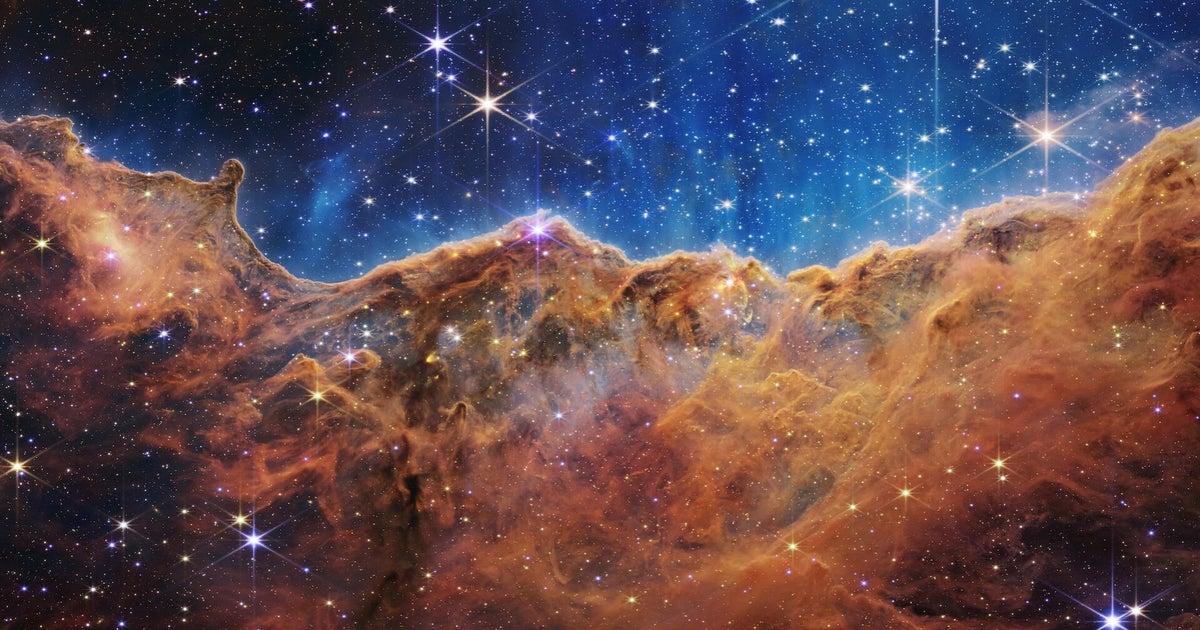
New Research Suggests Universe May End Sooner Than Anticipated
Speculations on the Universe’s Future
The cosmos, vast and mysterious, is apparently on a faster track toward its end than anyone had previously imagined. New insights from Dutch researchers are shaking up long-held notions about the universe’s lifespan. But don’t go losing sleep over it just yet. We’re talking about a future that’s 10 to the power of 78 years away – that’s a one with 78 zeroes. It’s almost beyond comprehension.
A group of scientists from Radboud University decided to take on the cosmic challenge of predicting when some of the universe’s most resilient celestial objects – white dwarf stars – will eventually burn out. Their calculations hinge on the concept of Hawking radiation, which Stephen Hawking, the celebrated British physicist, first theorized in the mid-1970s. He proposed that black holes leak radiation over time, dissolving like aspirin in water – suggesting even these giants have a shelf life.
This theory has now been extended to imagine the fate of white dwarfs, with researchers using it to estimate how long these stellar remnants might persist. “By asking these kinds of questions and looking at extreme cases, we want to better understand the theory, and perhaps one day, we can unravel more about Hawking radiation,” noted Walter van Suijlekom, one of the study’s authors.
While it’s an intriguing scientific endeavor, there’s no immediate cause for alarm about the universe’s demise. Frankly, humans have more pressing concerns here on Earth. Our sun is expected to heat up significantly in about a billion years, potentially boiling away our oceans. And if that wasn’t enough, it’s projected to expand in about 8 billion years and swallow our planet whole, rendering it barren and lifeless long before the cosmic curtain call.
Recent Discoveries and New Technologies
These new findings about white dwarfs are part of a broader wave of revelations about our universe’s fate. Just weeks ago, other scientists shared their own fascinating results: dark energy – that enigmatic force thought to constitute nearly 70% of the universe – might be losing strength. This could hold profound implications for cosmic evolution.
The European Space Agency launched its $1.5 billion Euclid space telescope in 2023 to aid in these inquiries. Sporting an impressively precise primary mirror nearly four feet wide and housing advanced instruments like a 600-megapixel visible light camera, this telescope scans an area twice as large as a full moon in the sky. These tools help scientists probe deeper into space’s secrets and possibly inch closer to understanding these monumental questions.
I think what strikes me most is how small we really are in all this – tiny specs pondering an enormous cosmos. And perhaps that’s what makes these discoveries so captivating; they remind us there’s still so much we don’t know and plenty left to explore.
For more context on prison security, see this overview of prison security on Wikipedia.



